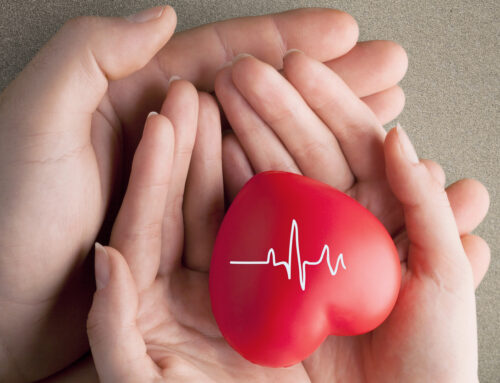A heart attack, or myocardial infarction, occurs when the blood flow to a part of the heart is blocked, often by a buildup of plaque in the arteries. Recognizing the symptoms of a heart attack early can save lives. Awareness and prompt action are key to preventing severe damage to the heart muscle.
Common Symptoms of a Heart Attack
- Chest Pain or Discomfort:
- This is the most common symptom of a heart attack. It often feels like pressure, squeezing, fullness, or pain in the center or left side of the chest.
- The discomfort may last for a few minutes or come and go.
- Upper Body Pain:
- Pain can radiate to the shoulders, arms (especially the left arm), back, neck, jaw, or stomach.
- The discomfort may not be severe but should not be ignored.
- Shortness of Breath:
- This may occur with or without chest discomfort.
- It can feel like you can’t catch your breath, even when resting.
- Nausea and Vomiting:
- Some people, especially women, may feel nauseous or experience vomiting during a heart attack.
- Cold Sweats:
- Unexplained sweating, particularly a cold sweat, can be a warning sign.
- Lightheadedness or Dizziness:
- You may feel faint or dizzy, sometimes accompanied by chest discomfort.
- Fatigue:
- Unusual and unexplained tiredness, especially in women, can be a symptom.
Symptoms in Women vs. Men
While men often experience the classic symptoms like intense chest pain, women may have subtler signs such as:
- Pain in the jaw, neck, or back
- Nausea or vomiting
- Extreme fatigue
- Lightheadedness
Because these symptoms can be mistaken for less severe conditions, women need to pay close attention to their bodies and seek medical care if they suspect a heart issue.
What to Do If You Experience Heart Attack Symptoms
- Call Emergency Services:
- Dial emergency services immediately if you suspect a heart attack.
- Don’t attempt to drive yourself to the hospital.
- Chew Aspirin (If Advised):
- If not allergic or contraindicated, chewing a regular-strength aspirin can help thin the blood and improve blood flow.
- Stay Calm and Rest:
- Sit down and remain as calm as possible while waiting for emergency services.
Risk Factors for Heart Attacks
- High blood pressure
- High cholesterol
- Smoking
- Diabetes
- Obesity
- Physical inactivity
- Family history of heart disease
- Stress
Preventing Heart Attacks
- Adopt a Heart-Healthy Diet:
- Focus on fruits, vegetables, whole grains, and lean proteins.
- Limit saturated fats, trans fats, and high-sodium foods.
- Exercise Regularly:
- Aim for at least 150 minutes of moderate aerobic activity per week.
- Maintain a Healthy Weight:
- Achieve and maintain a healthy weight through diet and exercise.
- Quit Smoking:
- Seek support to stop smoking, as it significantly reduces heart disease risk.
- Manage Stress:
- Practice relaxation techniques such as deep breathing, yoga, or meditation.
- Regular Checkups:
- Monitor your blood pressure, cholesterol levels, and overall heart health.
Conclusion
Recognizing the symptoms of a heart attack and acting quickly can make a life-saving difference. Prioritizing a heart-healthy lifestyle can help prevent heart attacks and improve overall well-being. If you or someone you know experiences symptoms, don’t hesitate—seek immediate medical attention.
If you or someone you know is interested in care management or home healthcare services in South Florida, FirstLantic can help. We are locally owned and operated, providing our patients with the highest quality in-home care services in Fort Lauderdale (Broward County), as well as in-home care services in Delray Beach (Palm Beach County), North Miami (Miami-Dade) and Jupiter (Treasure Coast) since 2000. Click here to contact us.
 AVAILABLE 24 HOURS A DAY/7 DAYS A WEEK
AVAILABLE 24 HOURS A DAY/7 DAYS A WEEK Careers
Careers







